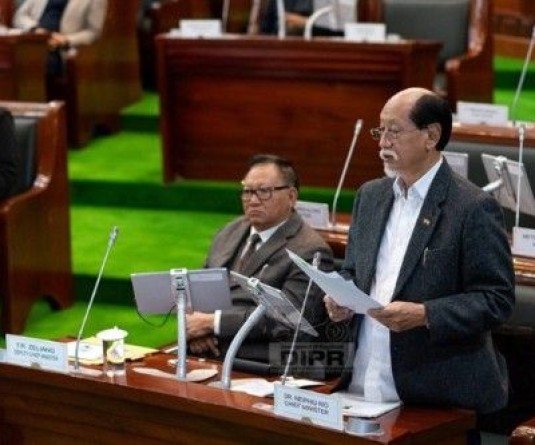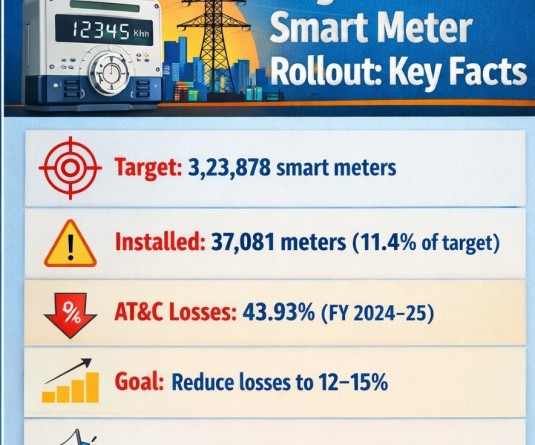
Morung Express News
February 24
DIMAPUR: The Nagaland State Co-operative Bank ltd. (NSCB) today launched its foremost Self Help Group (SHG) scheme in Dimapur at their administrative building. A total of nine SHGs received their sanctions which were released by HK Khulu, Nagaland Finance Commissioner who is also Chairman of the NSCB. The loans made available through the National Bank for Agriculture and Rural Development (NABARD) is meant for the uplift of the poorer sections of the society. In his keynote address, NSCB Managing Director S Sale aptly defined the SHG scheme as the ‘luminous link’ of the rural poor through bank-linkage programme.
Almost all of today’s beneficiaries were women. As Khulu placed it, “Men are also honest but women are more honest.” Speaking as chief guest, he asked the recipients to develop their relationship with the bank. Latest statistics say that as per the national record, SHG loan recovery is 95%. The impetus of the SHG scheme is to reach the unorganized sector in the rural areas, the IAS officer said. His other request to the SHGs was to utilize their loans with “honesty, sincerity and dedication.” Telling them to honour the amount given to them, he elucidated his point through a fable similar to that of the goose which laid golden eggs. “Don’t kill the duck; keep receiving your eggs,” he said in unfaltering Nagamese.
Expounding on the role of SHGs in Nagaland, GD Banerjee, Deputy General Manager, Nagaland regional office, NABARD and V Kehie, Registrar of Cooperative Societies, Nagaland asked the beneficiaries to pursue their activities diligently.
The SHG beneficiaries can invest their loans in any sort of income-generating activity. If the loans are honoured promptly, the amount of aid multiplies over periods of time accordingly. One of today’s beneficiaries said her group would generate income by spending the amount made available to them on rearing pigs or other animals as suited.
SHG programmes also greatly help banks in mobilizing rural deposits which strengthen the resource base of the local cooperative banks in increasing sustainable credit flow. Recently, the NSCB gave out loans to 14 SHGs in Kohima. This form of making micro credit available initially began in the country in 1992.
According to an assessment, SHG-Banking is a programme that helps to promote financial transactions between the formal rural banking system in India comprising of public and private sector commercial banks, regional rural banks and cooperative banks with the informal Self Help Groups (SHGs) as clients. SHGs are financial intermediaries owned by the poor.






